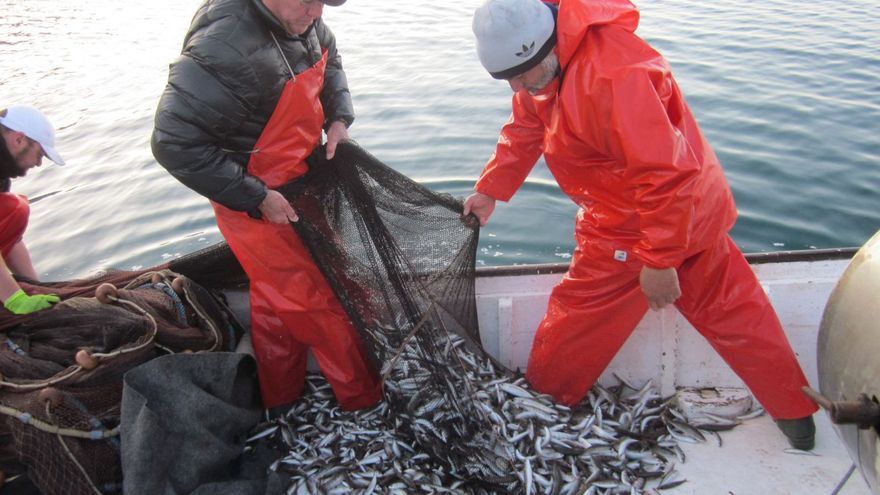“We are light years away from having the necessary resources to tackle illegal fishing“. Says Aniol Esteban, director of the Marilles Foundation, which works to ensure sustainable fishing and promote education in this area. What fuels this practice? The demand for fresh local fish. “Our islands only provide 10% of what we consume and, at current consumption rates, we would run out of fish by February 15th. Summer comes and everyone wants fresh local fish, but getting it at the market is difficult and the price is high. That is why it is tempting to go looking for it through illegal channels,” says the expert.
In addition, he points out that “the challenge of the sea is that it is the responsibility of many administrations, which are not always coordinated,” which makes it difficult to be forceful against illegal fishermen. In recent years an increase in this practice has been detected; something that, according to the Balearic Ministry of Agriculture, may be due “to the fact that there are more people at sea and also more surveillance”. The General Directorate of Fisheries has two more marine reserve guards than a year ago, so there are currently six professionals working to tackle this problem. However, Esteban assures that, “there should be at least four times more”.
“With the strategic projects for economic recovery and transformation we have an opportunity to reinforce the surveillance network at sea. It is not possible to have one person 24 hours a day, so we have to start working with drones, satellites and data, in addition to the fact that citizen participation is essential and that no one is complicit in an activity that jeopardizes, among others, the image of Ibiza”, he adds.
Underfunding
For the director of the Marilles Foundation, underfunding in everything related to marine conservation has a direct impact on illegal fishing. “It is essential that there is more surveillance and that it is more effective, hence technology can play an important role in tackling it,” he says. Esteban recognizes that the inspectors and boats operating in the Pitiusas “are doing a good job, but it is not enough”.
There are around 50,000 licensed recreational fishermen in the Balearic Islands and, although the number of poachers is very small, “they do a lot of damage”. Without going any further, the Foundation presented together with IbizaPreservation a study last May in which it warned that “illegal fishing and sale of fishery products is a widespread practice”. In this research it has been found that there are poachers who earn up to 3,000 euros per month selling their product on the black market.
Therefore, Esteban stresses the importance of “giving incentives for doing things right”. He refers, for example, to the Peix Nostrum brand. “It is an incentive that has helped reduce illegal fishing because the fisherman knows that he gains added value in his catch. This same should be transferred to restaurants, fishmongers, supermarkets… and that they can certify that what they sell is legal. And it is important to remember that what is not legal is not sustainable,” the biologist explains.
Impact of illegal fishing
This illegal practice, warns Esteban, triggers several problems: ecological, economic and health. “It is fishing that targets large spawners and in which mainly vulnerable species are caught, so the ecological impact is very high. In addition, this means that there is a quantity of fish that is being extracted that is not accounted for,” he points out.
As for the economic problem, he says it poses a “threat” to the future of the fishing profession. “One cannot overlook the economic incentive it has: the one who buys illegally does not pay VAT (only professionals can sell catches, not recreational fishermen) and the fisherman does not declare it because they sell it in the black”, Esteban recalls.
At the same time, buying and consuming poached fish “entails a health risk” to which one should not be oblivious.
For the full article, please visit Diario de Ibiza website here.

